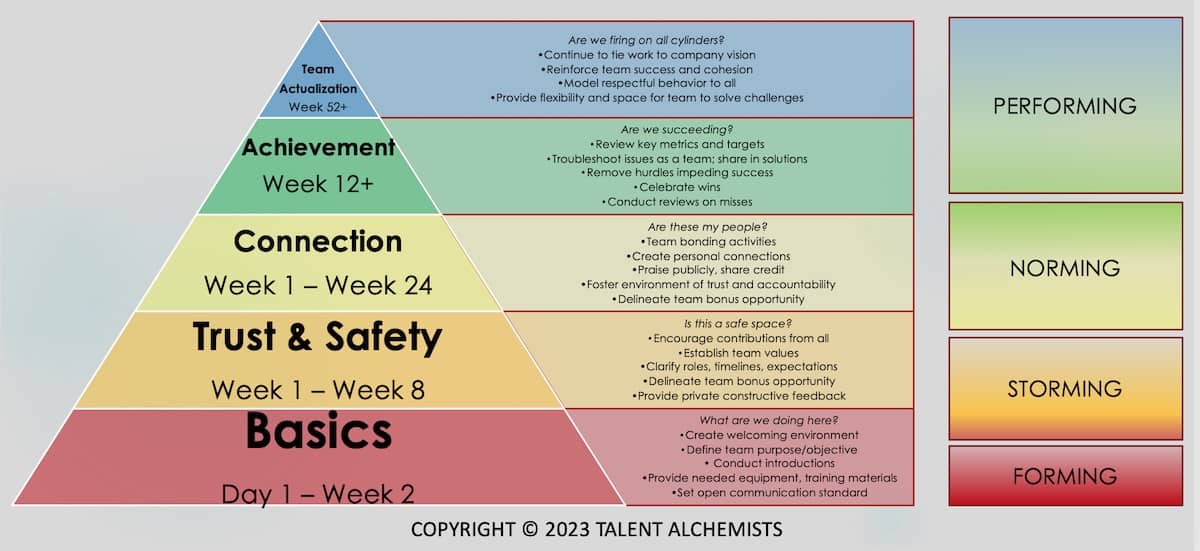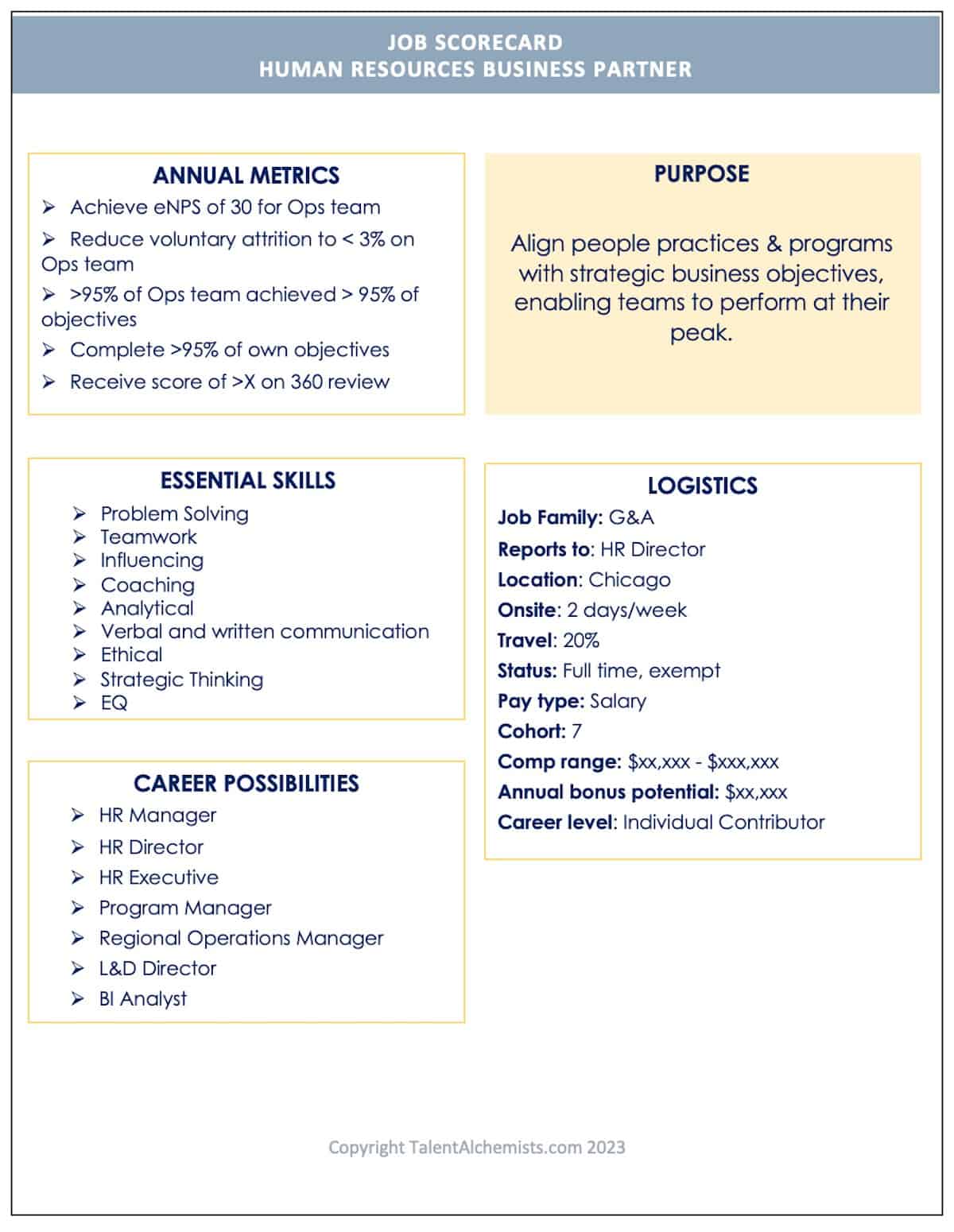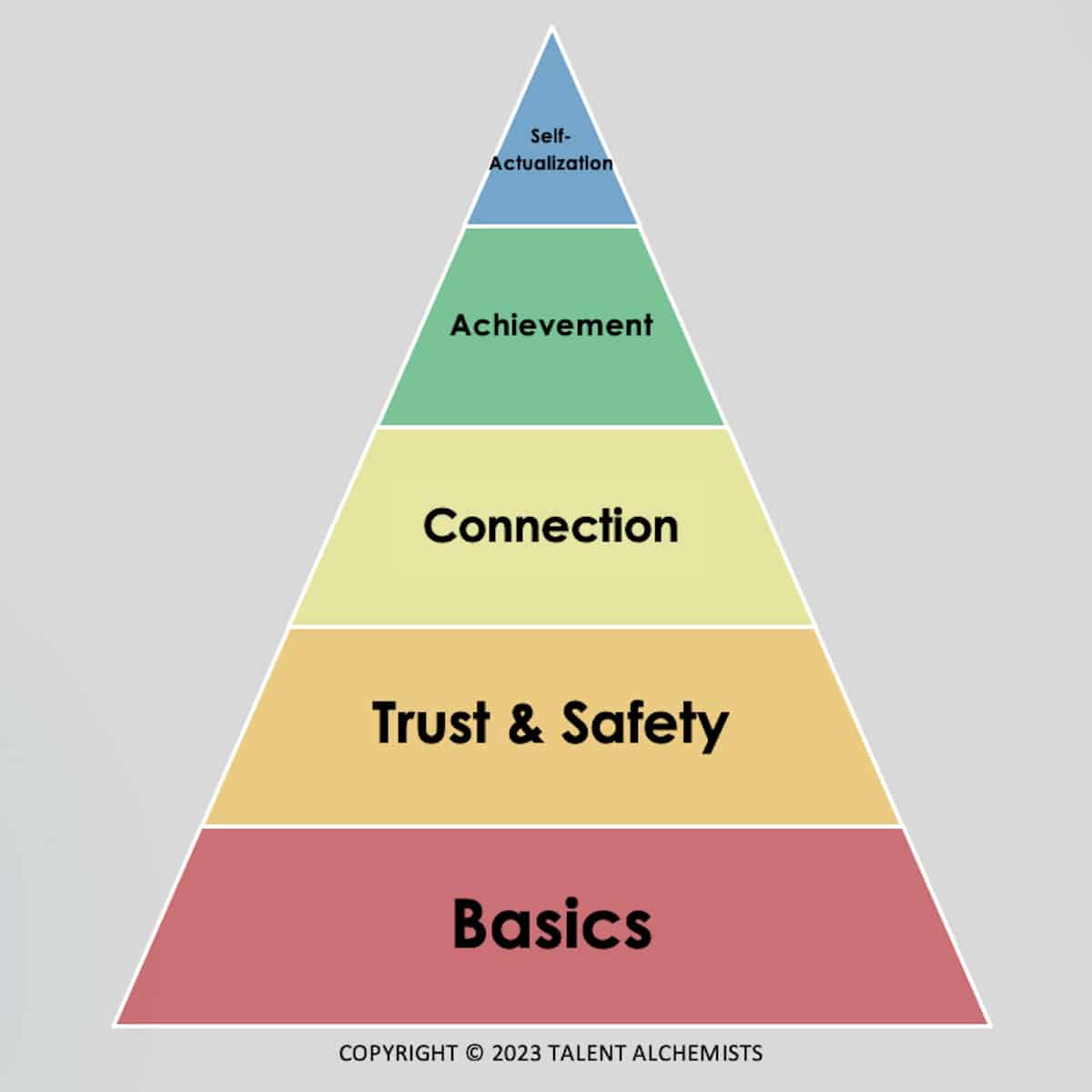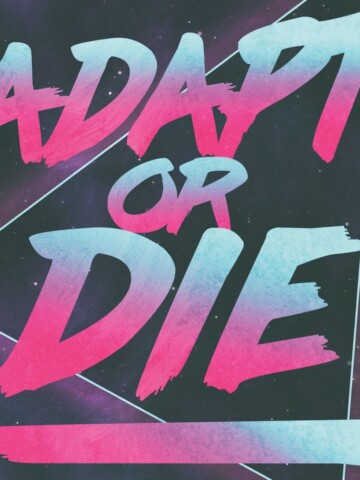I am beginning to fret that we in HR are going to lose our seat at the executive table we worked so hard to obtain. Why? We don't know how to articulate our strategic value. While this inarticulateness takes many forms, today I am going to focus on basics within our own team: communicating the difference between the HRBP vs the HR Generalist. Labeling these distinct roles correctly and communicating the contrast is a good start to showing our peers we do, in fact, understand strategy vs administration.

HRBPs: Strategic Conduit to Operations
The HRBP is a seasoned talent strategist, aligning people practices with the organization's objectives. HRBPs are indispensable allies to business leaders, helping to attract, retain, engage, and motivate employees. I like to think of an HRBP as a field physician in the military. Like the doctor, the HRBP isn't engaged in the core tasks of the team; their role is to ensure the team is well cared for so members can perform their responsibilities. (while I appreciate this analogy, rest assured, I'm well aware the stakes an HRBP faces are far less serious than a field surgeon).
Responsibilities of an HRBp can include workforce planning, talent management, manager development, change management, data analysis, and project planning, typically for a division within the company. However, it is critical to note that an HRBP is, as their title implies, a partner to the operational manager; the manager is ultimately responsible for, well, managing.
HRBP Work Example
Let's look at what an HRBP does "in real life."
Wearing a strategic consultant, HRBPs will help a department leader prep for staffing a new team to lead a product enhancement endeavor. They will work with the manager to assess skills required on the team and identify employees who can provide such skills. They will help craft job descriptions, set performance objectives, draft change management communications, ensure the leader is following sound team development principles (such as those in the team actualization pyramid), and recommend training to fill skill gaps. All in a day's work for the HRBP.

Here is another example. The is a department in the company with significantly lower eNPS scores than other teams over the last 2 quarters. The HRBP will work with the manager and senior manager of that department to drill into the data to identify the root cause. Metrics they will explore include turnover stats, internal promotion figures, compensation levels, and headcount. Like a wiley detective, the HRBP must identify patterns that indicate a problem. Perhaps, the data shows that turnover is high and 3 individual managers were promoted in the last 8 months. Further digging shows these 3 managers are struggling to transition from peer to manager. The HRBP helps train these managers (directly or via recommended training) to handle this transition. The intervention is tracked by keeping an eye on eNPS and turnover data.
HRBP Skill Set
As you can probably tell from the above examples, the HRBP is a seasoned talent partner. A junior employee can not be expected to have the polished skill set to influence and coach managers, contribute to strategic operational discussions, and analyze complex data sets to guide decisions. Click here for a downloadable HRBP sample job scorecard in Word (page 1 shown below).

HR Generalist: The Administrative Workhorse
While the HRBP is a strategic conduit to operations, the HR Generalist is a logistical switchboard operator. They are multi-faceted, Jackie-of-all-HR-trades, handling everything tactical in the employees' work lives from benefits enrollment to onboarding forms to complaint investigations.
If the HRBP is the field doctor, the HR Generalist is the triage nurse, assessing problems, addressing solutions when possible, or escalating issues if necessary. They execute the daily HR operations with know-how and precision and are well-versed in employment laws and company policies.
The HR Generalist is key to the employee experience, as well, enabling a culture of trust and safety; critical components to the employee hierarchy of needs.

HR Generalist Work Example
Here is a case example: An employee is 5 weeks into their new role at the company. They head to their dentist with a toothache and the dental receptionist can't locate their new insurance policy. Nine out of ten times, the employee's first call will be to the HR Generalist. The Generalist then helps them sort out the issue, be it an enrollment glitch or just a misplaced insurance card.
The HR Generalist doesn't just deal with basic administrative tasks; some of the work can be quite complex. For instance, if an employee files a harassment claim, the HR Generalist will need to handle that complaint with professionalism, caring, and legal aplomb. A thorough investigation will be conducted and from that inquiry and the HR Generalist will recommend a course of action. These decisions can have a massive impact on the company and people's lives.
HR Generalist Skill Set
There are certainly some overlapping skills between an HRBP and a Generalist, including ethical decision-making and good communication skills. The Generalist, however, needs to have deep knowledge of HR law and compliance, as the go-to expert in this arena. As well, strong organizational and time management skills are imperative in order to juggle the vast array of questions and projects on the Generalist's plate. Other functional areas the Generalist may be responsible for are employee onboarding, benefits enrollment, and addressing employee relations. The good news about this long list of responsibilities is much of this can be learned on the job under the guidance of a senior team member. (point being, if you are hiring a more junior HR employee, the Generalist role is a better option than HRBP).
Summary
The HRBP, with their strategic priority, focuses on the alignment of business objectives with people initiatives. They partner closely with business leaders, often acting as an "embedded" resource, to create HR programs that blend with organizational goals. They wield data analytics and trends analysis to orchestrate talent management and shape a culture of success.
On the other hand, the versatile HR Generalist wields their Swiss Army knife of skills in the operational arena. They excel in executing HR functions, ensuring compliance, and providing guidance to employees. Like HR MacGyvers, they handle many tasks, maintaining the HR machinery with dexterity.
Both positions are critical to the success of an HR team. Knowing the difference between the roles allows you, the HR leader, to move effortlessly between strategic and administrative waters and highlight the value of the team at the executive level.




